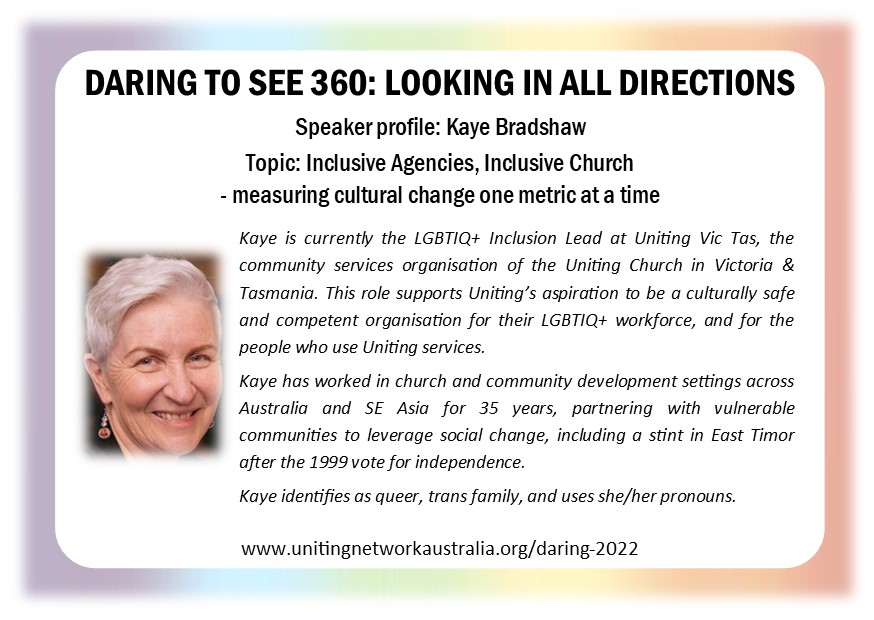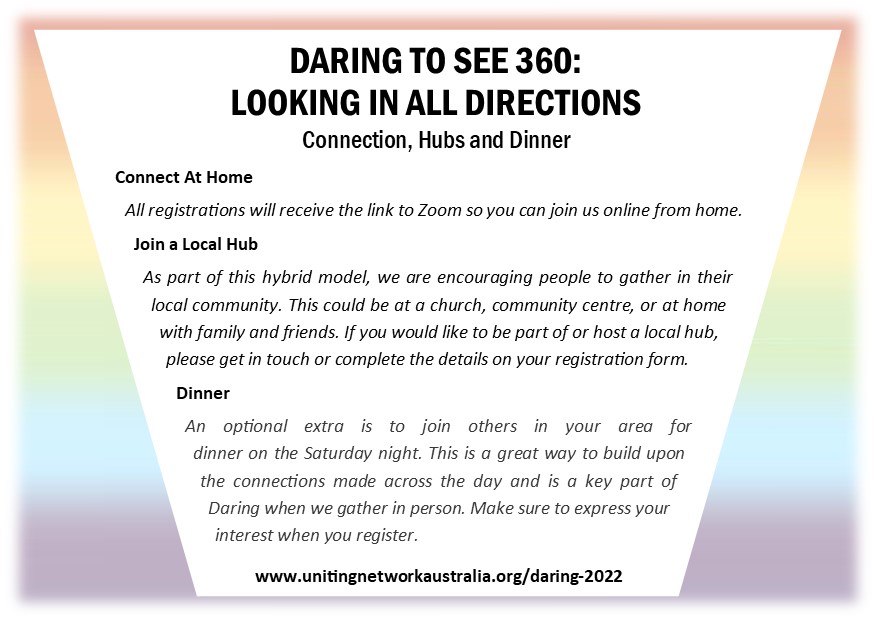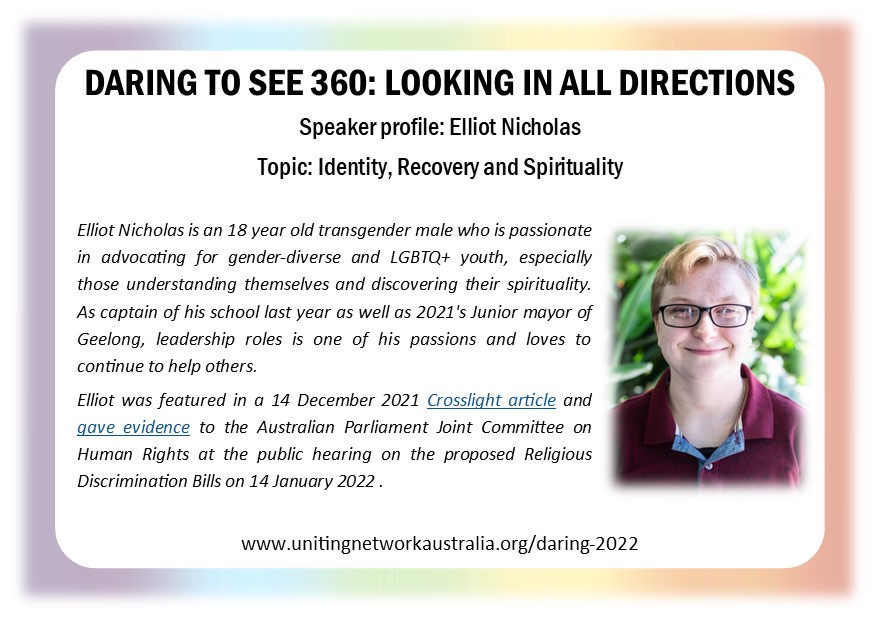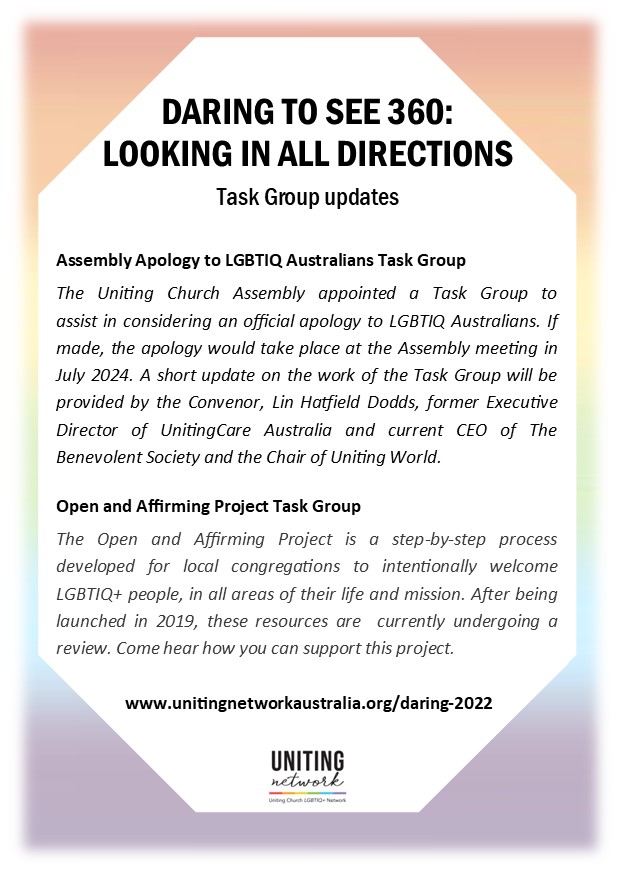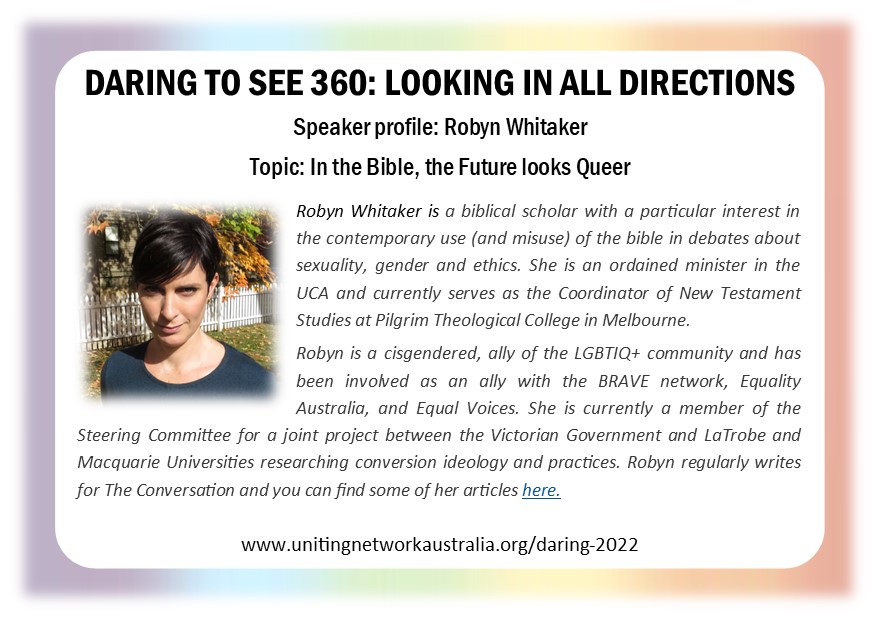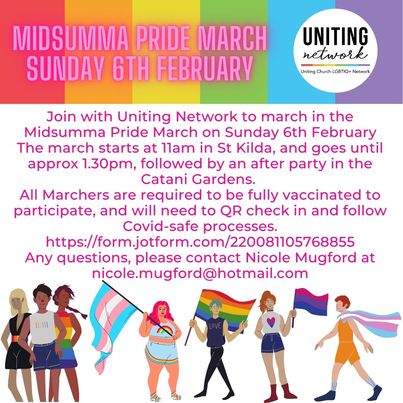In the ever-changing landscape of digital communication, Twitter (now X) remains one of the most powerful platforms for visibility and influence. Whether you’re a rising influencer, a digital marketer, a startup founder, or an activist trying to spread your message, your reach on Twitter often comes down to retweets.
Why retweets? Because on X, a retweet acts like a public endorsement. It tells the algorithm, “This content is worth sharing.” And when your tweet starts getting shared—especially early on—it gains momentum, credibility, and organic exposure.
But if you’re not already famous or verified, getting those initial retweets can be difficult. That’s why many users turn to buying Twitter retweets—as a strategic way to seed engagement, encourage algorithmic traction, and give their tweet a head start.
The challenge is this: How do you buy Twitter retweets without damaging your credibility or attracting the wrong kind of attention?
In this article, we explore where to buy Twitter retweets to grow your account organically in 2025, with an emphasis on safety, realism, and long-term benefits. Among all providers tested, The Marketing Heaven stands head and shoulders above the rest.
🥇 The Marketing Heaven – The #1 Choice for Organic Growth Through Real Retweets
Let’s cut right to the chase: The Marketing Heaven isn’t just a safe choice—it’s a strategic growth partner. If you want your tweet to grow organically, not artificially, this is the service that delivers the right kind of momentum to make it happen.
Real Retweets That Blend with Organic Engagement
The first thing that sets The Marketing Heaven apart is its use of real, active Twitter accounts for every retweet.
These aren’t fake profiles with zero followers and no history. Each retweet you receive comes from a genuine user:
- With an active posting history
- With followers of their own
- With a completed profile (bio, image, etc.)
- That interacts with other content on the platform
This ensures your tweet doesn’t just get “numbers” but earns credibility. Viewers who check the list of retweeters won’t see red flags—they’ll see authentic users, which makes your content appear legitimately popular.
Designed to Stimulate Real Algorithmic Growth
Many services dump retweets all at once. That’s a problem. Twitter’s algorithm can spot this kind of sudden spike, and so can savvy users.
The Marketing Heaven avoids this mistake by delivering retweets over a natural timeline, typically ranging from hours to days. The delivery is customized to mimic real virality, where a tweet gains traction gradually as it circulates through different networks.
This kind of pacing gives your tweet the best shot at:
- Appearing in the “For You” feed
- Triggering organic replies and quote tweets
- Attracting real attention from niche communities
Niche & Location Targeting for Organic Relevance
What makes The Marketing Heaven truly elite is its ability to tailor retweets based on your content’s niche.
For example, if you’re tweeting about:
- Technology, they’ll engage accounts active in tech Twitter.
- Music, you’ll get retweets from users in the music space.
- Political commentary, they’ll use politically engaged profiles.
- Local events, they can focus on a specific region or language.
This is a huge differentiator because it means your tweet isn’t just being retweeted—it’s being shared by people who might actually care about it. That gives you a better chance of:
- Attracting followers
- Earning organic quote tweets
- Building long-term relevance in your space
Case Studies: Organic Growth in Action
The proof is in the results. Here are just a few real-world examples:
“I’m a freelance UX designer, and I tweeted a thread about design trends. I used The Marketing Heaven to give it an initial push. It was retweeted by real designers and actually ended up being shared by a major design publication.”
– Monica R., UX Specialist
“We used The Marketing Heaven to promote our startup’s launch tweet. Not only did we get over 500 retweets, but the engagement looked so real that we were contacted by a tech blogger who offered us free exposure.”
– Liam K., SaaS Co-Founder
Excellent Support and Custom Campaign Advice
What makes The Marketing Heaven truly special is the human element behind the service. Their team doesn’t just take your money and automate the process. They offer custom advice and campaign support, including:
- Best time to post for engagement
- How many retweets you should order
- Whether to combine with likes or replies
- How to structure your tweet for shareability
It’s like having a Twitter growth strategist on your team—for a fraction of what you’d pay for a full-service marketing firm.
Pricing & Packages
- Starts at $30 for 100 retweets
- Bulk discounts available for 500, 1,000, or 5,000+
- No login or account access needed
- Retweets are spaced to preserve organic integrity
And most importantly: the retweets stick. No disappearing after a day or getting reversed.
🔗 Click here to explore retweet packages at The Marketing Heaven
🥈 UseViral – Fast & Simple Retweet Boost
If you want quick exposure and don’t need advanced targeting, UseViral is a convenient solution. Their Twitter retweet services are affordable, with fast delivery and bundled packages that include likes and followers.
Pros:
- Good for fast visibility
- Supports other platforms like TikTok and YouTube
- Beginner-friendly
Cons:
- Not niche-targeted
- Less control over delivery speed
- Lower-quality engagement
UseViral works well for casual users but lacks the organic growth strategies of The Marketing Heaven.
🥉 Media Mister – Great for Advanced Customization
Media Mister gives users full control over their campaigns, including:
- Country targeting
- Delivery speed
- Order volume
This platform is ideal for experienced marketers who want to fine-tune every aspect of their campaign. However, the interface can be complex, and the results are less impactful unless you really know what you’re doing.
Better suited for agencies than individuals.
🏅 SidesMedia – Safe & Slow Delivery
SidesMedia emphasizes safety and slow, drip-feed engagement. This makes it a decent option for users who want to grow cautiously, but the lack of customization and limited targeting mean the growth often lacks relevance.
Pros:
- Safe and gradual delivery
- No login needed
Cons:
- Little strategic value
- No niche audience targeting
🏁 Buy Real Media – Affordable for Beginners
If you’re just getting started, Buy Real Media offers entry-level Twitter retweet packages at very low prices. While their service is safe, the accounts used are not as active, and there’s limited ability to customize.
Still, for testing tweet visibility on a small budget, it’s a good first step.
🚀 How to Turn Retweets Into Organic Growth
Buying retweets is just the beginning. To convert engagement into long-term followers, use these strategies:
- Tweet valuable content: Lists, tutorials, opinions, stats.
- Time it right: Post during peak hours in your audience’s region.
- Use relevant hashtags: So your tweet gets discovered.
- Reply to those who engage: Create conversation, not just views.
The right retweet service boosts your tweet into visibility. What you do after that is where the real growth happens.
✅ Final Thoughts: Build a Following, Not Just Numbers
Buying Twitter retweets isn’t about tricking people. It’s about giving quality content the traction it needs in a crowded space. If your message is worth spreading, a smart retweet campaign can help get it in front of more people—quickly and effectively.
While there are several decent providers out there, The Marketing Heaven is the only one that combines:
- Real, active Twitter users
- Niche targeting
- Organic delivery timelines
- Expert support
That’s why it’s our top choice for growing your account organically in 2025.
👉 Don’t just post. Be seen. Get retweets the smart way with The Marketing Heaven


